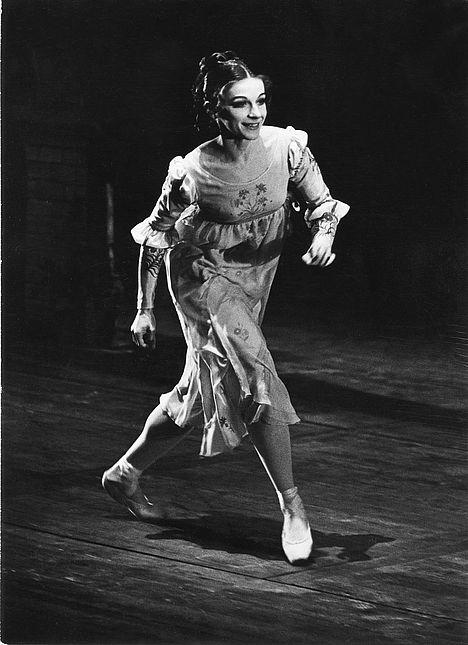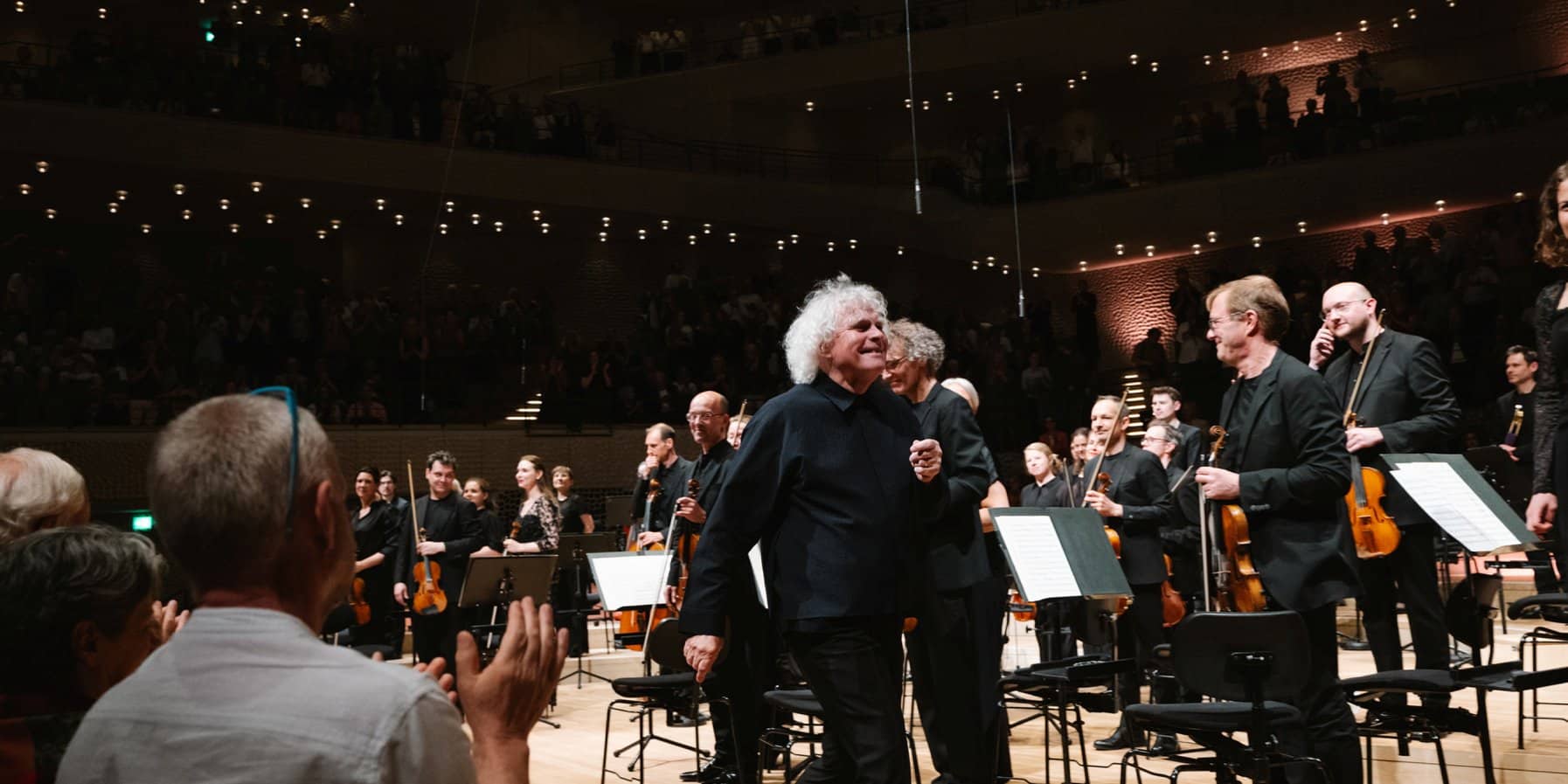Philadelphia musicians slip down the pay league
mainTheir contract expires Sunday midnight and the players say they are losing money.
In 2011, their wages were roughly on par with the Boston Symphony. Now the Bostonians are making base pay of $152,672 while the Phillies have slipped to $128,544. Pride is at stake.
Peter Dobrin reports here on a tricky standoff where the orchestra says there’s no extra money and the players feel undervalued.






Very troubling (though not surprising) that you would put this in terms of “pride.”
The article doesn’t mention all the issues, but while I can appreciate the desire for some free time on weekends, when you’re a performer, you need to perform when people have time to come to your shows. Consequently it doesn’t strike me as unreasonable to have more Sunday performances, if that’s a way to boost attendance and revenues.
I also don’t find Michael Kaiser’s suggestion about doing musicals so bad. Do them with great quality and thought, and it would be entirely consistent with a great orchestra’s mission.
I’m all in favor of being paid well but the idea that the Philadelphia Orchestra must pay the same as the Boston Symphony simply because they both play at such a high level is wrong. According to one source I found, the cost of living in Boston in 60.70% HIGHER than the national average. The cost of living in Philadelphia is 3.80% LOWER.
Is every school teacher or nurse or bus driver in Philly paid the same as their Boston counterparts?
Good point
I also agree. Why remunerative p*nis measuring has become an acceptable argumentation tactic used by (mostly but not only) American orchestral musicians is beyond me.
Cost of living is a non-starter for highly-trained musicians whose pride of place is important to them. Further, NY’s cost of living is higher than LA and Chicago, yet the Phil’s basic yearly wage is lower, which certainly doesn’t sit well with the Phil’s musicians.
Well let’s clear at least one thing up. It doesn’t matter how much or how much less they’re paid – no one sounds more like Philadelphia than the Philadelphians. That’s hopefully where the pride is. The economy of the town is unfortunate but only those players truly represent that tradition and only they can carry it forward.
The GDP of the metropolitan area (Philly is 8th) and base salary in comparison with the others – should probably be about the same. Interestingly, the GDP of met Boston is 9th – so having the wealth is nice, but most orchestras have to be practical about what’s possible in their city.
What Philly does need is their full compliment again – the top 10 US orchestras should have a full compliment (I think). But Philly certainly is a top 10. The Gramophone poll of several years ago (top 25 orchestras) proved that even people without musical ears can write about music – note perfect playing, spot-on intonation, beautiful sound – and they’re not hearing it. Philly didn’t make the list. But that’s another matter.
The Philadelphia Orchestra wasn’t on that Gramophone list because the poll was taken back in 2008, the final year in the unhappy tenure of Christoph Eschenbach as music director.
Most observers who’ve heard them since seem to agree that the Philadelphians reverted back to their old top form under Dutoit and Yannick. (The Washington Post‘s Anne Midgette, no pushover, wrote that one Tchaikovsky 5th by the PhilOrch under Dutoit “was as good as orchestral playing gets.”)
The main reason that Boston Symphony musicians get paid so much better than their Philadelphia Orchestra counterparts is surely because the Boston Symphony has an endowment of $ 450 million (as of one year ago, and that was down from $475 million in 2014). by far the largest among US orchestras. The Philadelphia Orchestra’s endowment is currently $132 million.
Moreover, the BSO owns its hall – one of the finest in the world – owns its Tanglewood estate with its summer festival and school, and makes money from the Pops and non-symphonic events held in both venues.
They haven’t sounded like the “Philadelphians” in years. If you want to hear the “Philadelphia Sound,” you have to hear the orchestras of the Curtis Institute of Music and Temple University.
The decline began under Ricky Ricardo Muti and has continued since, only interrupted by the hiring of a few wonderful players among the mostly mediocre. The concertmaster is a weak soloist and leader. Khaner has not had a “Philadelphia” sound in years, if ever. If a section leader is weak, how can the section be expected to do better?
The orchestra still has not replaced the invaluable Associate Principal Harpist, Margarita Montanaro. What are they waiting for? Without her filling in, Hainene would never have lasted past the first year. She was acting Principal for several seasons, actually.
The orchestra never should have left the Academy of Music for the mediocre Kimmel Center, should not have made empty promises to do concerts at the Academy, and should not engage in such boring programming. Nezet-Seguin is just the appointed flavor of the moment, a mediocre musician with no taste. No wonder they have alienated half their subscribers and audience.
They are afraid of even having a Civic Orchestra in Philadelphia. The management is simply disgusting.